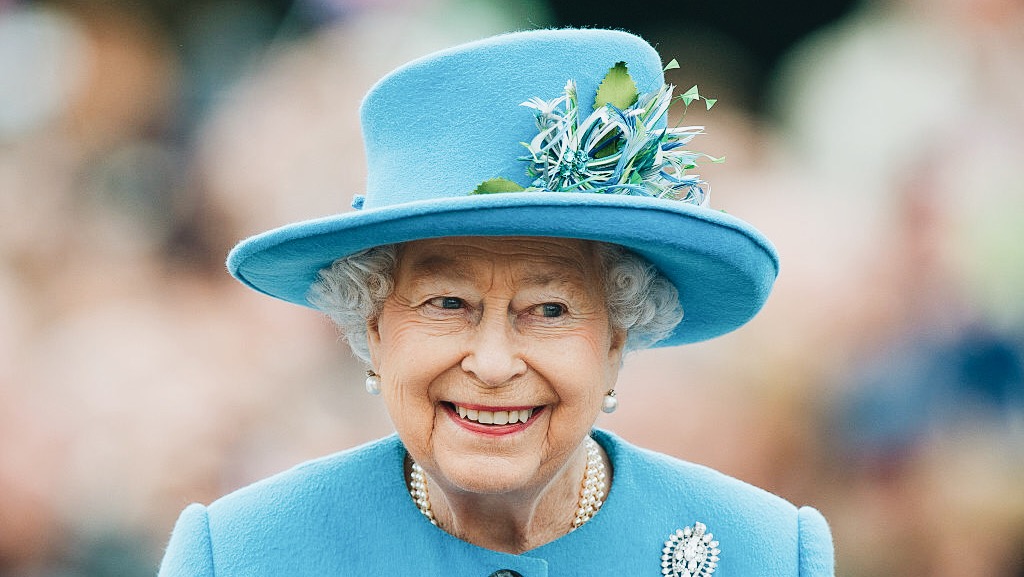The British government just outlined bold new plans to improve UK animal welfare.
Environment Secretary George Eustice announced the pledges earlier today, which include cracking down on foie gras, banning primates as pets, and a long-awaited end to live exports.
“Our proposals will shape how we interact and care for our animals, including our pets, farmed animals, and kept wild animals,” wrote Eustice in the Action Plan for Animal Welfare. “This is not the last word on animal welfare. The way we treat animals reflects our values and the kind of people we are.”
The statement specifically highlights the planned Animal Welfare Sentience Bill, which would recognize animals’ capacity for emotions and feelings such as pleasure, pain, and fear, and underpin the new action plan as a whole.
Additionally, the government said it would bring in “more effective powers” to tackle livestock worrying, improve standards in zoos, “crack down” on puppy smuggling, ban the import of hunting trophies, and bring in compulsory cat microchipping for pet owners.
Overall, the Action Plan for Animal Welfare addresses around 40 distinct concerns, categorized under sentience and enforcement, international trade and advocacy, farm animals, pets and sporting animals, and wild animals.
According to the government, it will accomplish the measures via a broad program of legislative and non-legislative reforms, including a series of bills to focus specifically on sentience, animals in the UK, and animals abroad.
Does this guarantee better UK animal welfare?
The pledges were first hinted at in the Queen’s Speech on Tuesday, which marks the State Opening of Parliament and sets out the legislation that the government intends to pursue in the coming session. She said: “Legislation will also be brought forward to ensure the United Kingdom has, and promotes, the highest standards of animal welfare.”
The speech also highlighted plans to invest in green industries, both for job creation and environmental protection, in addition to an Environment Bill which will set binding legislative targets for the UK.
Overall, animal welfare and environmental groups have praised the pledges, but many have also highlighted the need for measurable government action to solidify each target. The Action Plan for Animal Welfare currently includes few tangible details of how the government will actually accomplish its goals.
In a statement sent to LIVEKINDLY, Humane Society International/UK’s executive director Claire Bass commented: “The Action Plan for Animal Welfare has the potential to right many wrongs for animals, and send a clear message that abusive or careless industries causing animal suffering will no longer have a place or a market in modern Britain.”
“However, the devil will be in the detail,” she continued. “For example, the government already appear to be watering down a ban on trophy hunting imports. So we must ensure that these ambitious aims are met with equally ambitious and robust legislation.”
How reliable are these pledges?
During its current tenure, the Conservative government has flip-flopped on many different key environmental and social issues, frequently presenting the public with conflicting messages that undermine some of its most promising pledges.
Most recently, these include endorsing a new coal mine in Cumbria (home to one of England’s most celebrated areas of natural beauty), lack of access to the now-closed Green Homes Grant home insulation scheme, and planned use of a widely banned toxic pesticide, thiamethoxam.
Following public pressure and criticism from industry and environmental experts, the government ordered an enquiry into the coal mine and cancelled plans to use thiamethoxam.
However, the government also recently introduced the Police, Crime, Sentencing and Courts Bill, which experts say could irreparably (and potentially illegally) damage the British public’s ability to lobby and protest, particularly on environmental and animal welfare issues.
Notably, the Action Plan for Animal Welfare is at its most specific when detailing increased repercussions for individuals. For example, the government promises longer jail sentences for animal cruelty convictions but no sweeping reform for factory farming.
It also highlights the need for urgent action on illegal hare coursing (a traditionally working class pursuit), but not illegal fox hunting, or the ongoing and government-funded badger cull.
“Delivering meaningful change for animals requires real commitment from across Whitehall,” said Bass. “And a resolve not to buckle in the face of those with vested interests in inhumane products and practices.”
“Respect for animal welfare is not only the right thing to do for animals, it will also play a critical role in tackling global environmental and public health challenges such as climate change, antibiotic resistance, and future pandemics,” she added.


